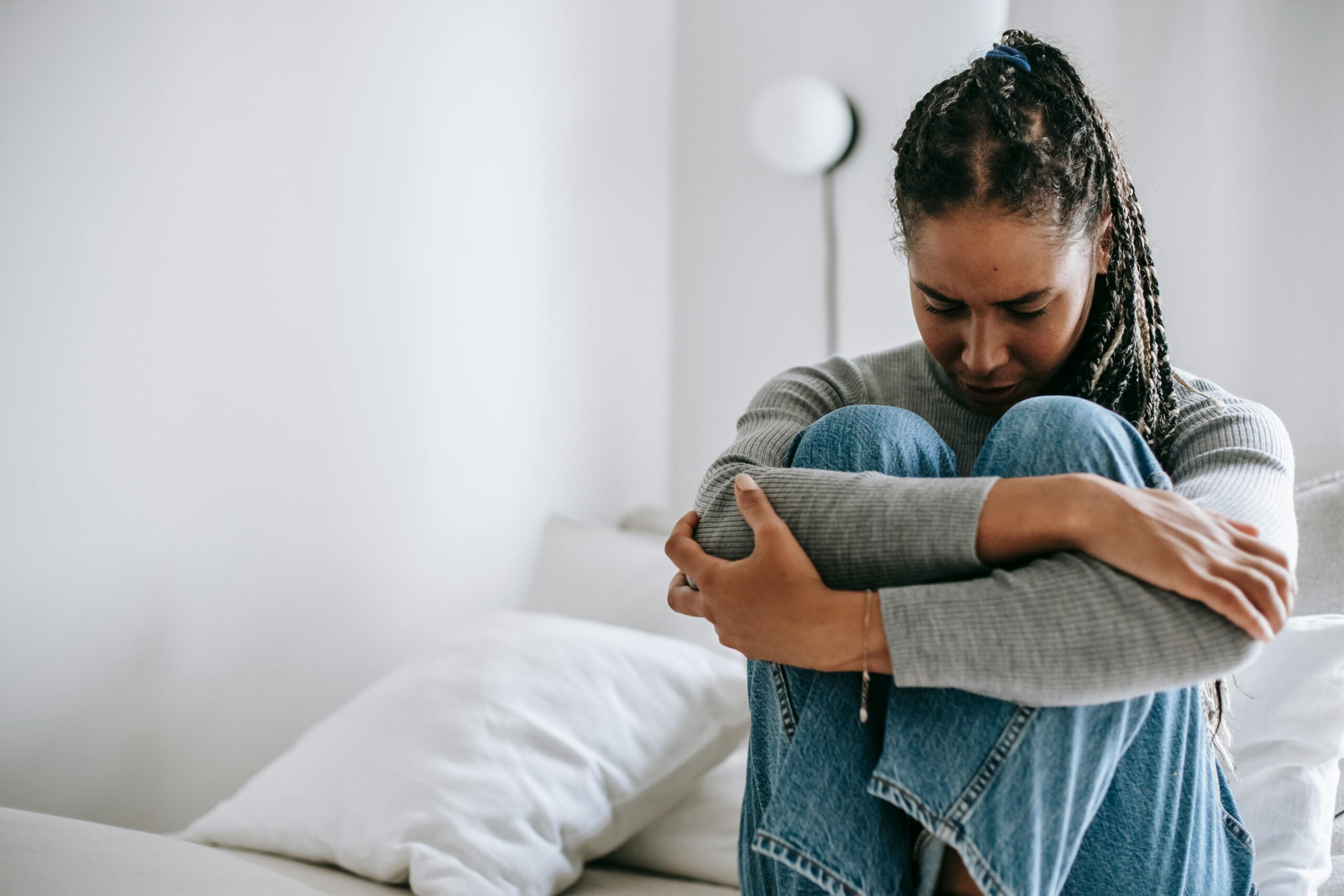Waking up with anxiety is a common experience that can leave you feeling dread and ruin the start of your day. This article explores the causes, symptoms, and effective treatments for waking anxiety, empowering you to take back control of your mornings.
Understanding the Root of Waking Anxiety
Many factors can contribute to waking up with anxiety. Here’s a closer look at some of the most common culprits:
- Stress: Daily worries and anxieties can easily spill over into your sleep, manifesting as heightened anxiety upon waking.
- Illness: Physical illness can disrupt sleep patterns and exacerbate anxiety symptoms.
- Mental Health Conditions: Anxiety disorders, depression, and PTSD can significantly increase the likelihood of waking up with anxiety.
- Sleep Disorders: Sleep apnea and insomnia can disrupt sleep quality and lead to morning anxiety.
Recognizing the Signs of Waking Anxiety
Waking anxiety can manifest in both physical and mental symptoms. Here are some red flags to watch out for:
- Physical Symptoms: Racing heart, shortness of breath, chest tightness, sweating, nausea, and muscle tension are all common physical signs of waking anxiety.
- Mental Symptoms: Feelings of dread, worry, fear, and negativity can dominate your thoughts upon waking up with anxiety.
Taking Charge: Effective Treatments for Waking Anxiety
The good news is that waking anxiety is treatable. Here are some strategies that can help you reclaim your mornings:
- Therapy: Cognitive-behavioral therapy (CBT) is a highly effective treatment for anxiety disorders, including waking anxiety. CBT can equip you with tools to identify and challenge negative thought patterns that contribute to anxiety.
- Medication: In some cases, medication may be recommended by a doctor to manage anxiety symptoms.
- Lifestyle Changes: Making healthy lifestyle changes can significantly improve your sleep quality and reduce anxiety levels. Here are some key areas to focus on:
- Regular Sleep Schedule: Aim for a consistent sleep schedule, going to bed and waking up at the same time each day, even on weekends.
- Relaxation Techniques: Relaxation techniques such as deep breathing, meditation, and progressive muscle relaxation can effectively reduce anxiety symptoms.
- Healthy Diet: Eating a balanced diet rich in fruits, vegetables, and whole grains can promote better sleep and reduce stress levels.
- Regular Exercise: Regular physical activity is a powerful tool for managing anxiety. Aim for at least 30 minutes of moderate-intensity exercise most days of the week.
- Limiting Caffeine and Alcohol: Caffeine and alcohol can disrupt sleep patterns and worsen anxiety symptoms.
By understanding the causes and symptoms of waking anxiety and implementing effective treatment strategies, you can take control of your mornings and start your day feeling calm and centered.
If you are struggling with waking anxiety, it is important to reach out for professional help. A therapist can provide you with personalized guidance and support to develop a treatment plan that works best for you.

